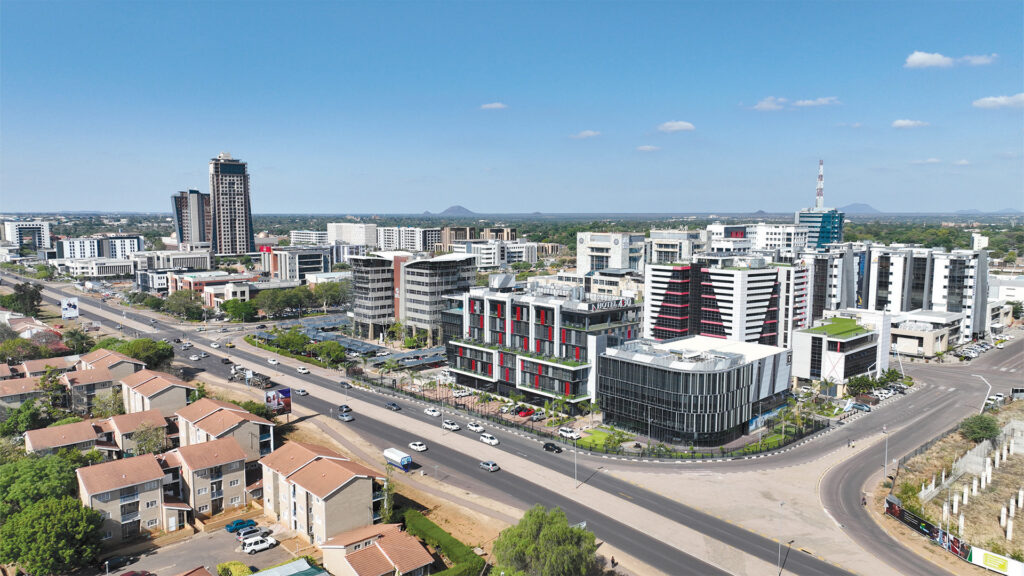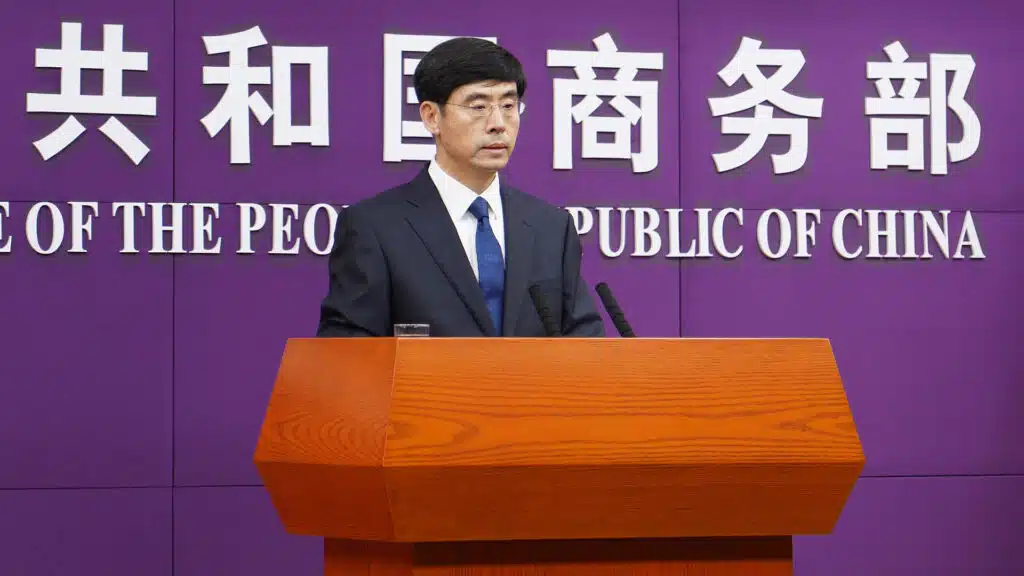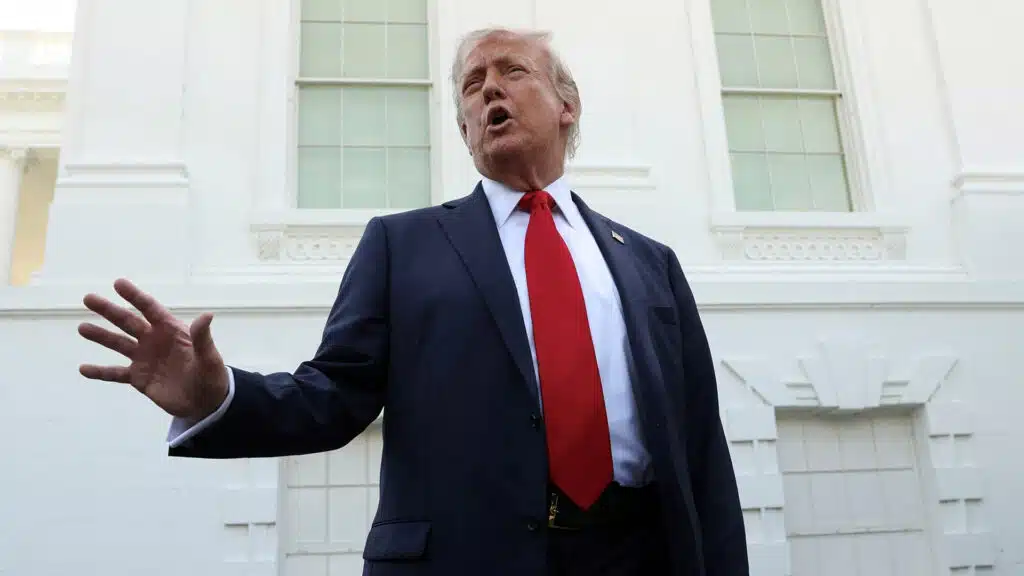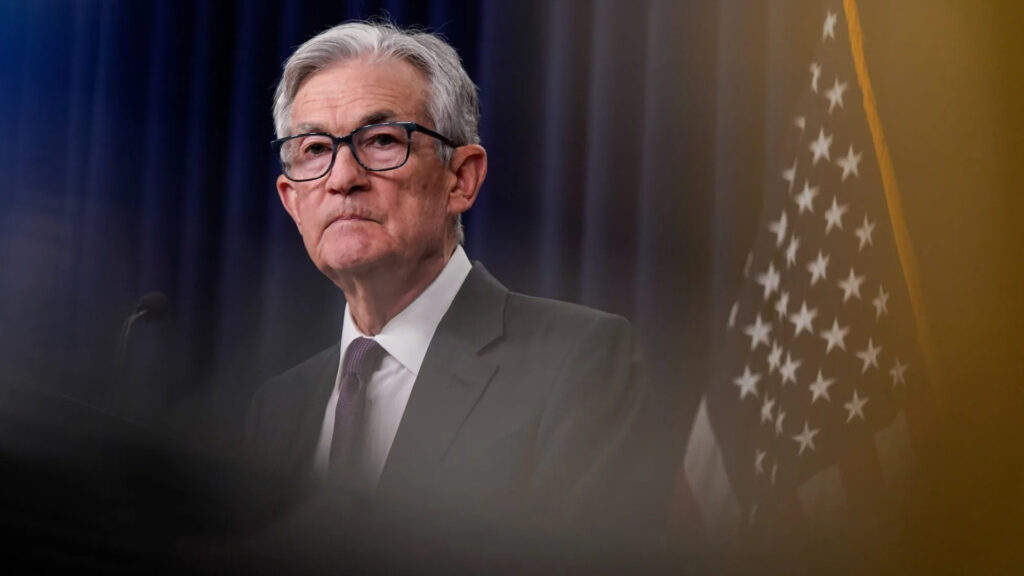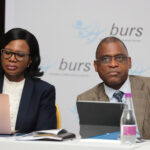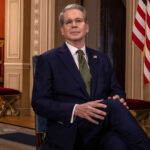President Donald Trump’s ‘Liberation Day‘ address marked a bold turn in global trade dynamics, especially for African nations navigating a world increasingly defined by bilateralism over globalism. Among the key data points unveiled was Botswana’s new 37% reciprocal tariff rate—one of the many recalibrations the Trump administration plans to implement in pursuit of fairer trade relationships.
This shift presents both a challenge and an opportunity for Botswana and, by extension, other African economies. In a political climate increasingly hostile to globalist ideology, the call for sovereign trade models resonates strongly with capitalists, entrepreneurs, and policymakers across the continent.
Highlights
- Botswana faces a new 37% reciprocal tariff under Trump’s “America First 2.0” doctrine.
- Africa urged to transition from aid dependency to sovereign trade policies.
- U.S. pivot to bilateral deals opens doors for tailored negotiations.
- Fair trade replaces preferential treatment: quality and competitiveness become key.
- Intra-African trade under AfCFTA gains relevance in light of shrinking Western aid.
A Shift From Dependency to Sovereignty
President Trump’s 2025 policy agenda draws a clear line in the sand: Nations must stand on equal footing, no longer shielded by preferential treatment or unconditional aid. The 37% tariff rate assigned to Botswana signals that trade must be reciprocal. As reported by USTR on AGOA, traditional frameworks like AGOA will now be measured against mutual benefit rather than geopolitical charity.
Botswana must innovate and compete—not as a dependent partner but as a worthy equal in global commerce.

Fair Trade Over Favoritism
Trump’s speech emphasized the failures of multilateral trade systems that, in his view, have enabled one-sided advantages. His administration’s response? A recalibration of tariffs to reflect parity.
For Botswana, the 37% tariff is not a penalty—it’s a benchmark. It represents America’s valuation of what a balanced trade relationship should look like. According to Trump, since Botswana charges 74% on U.S. exports, America will respond with half that rate: 37%—a fair, proportional reply.
Comparative Tariff Table
| No. | Country | Tariff on U.S. Goods | U.S. Tariff on Country |
|---|---|---|---|
| 1 | Botswana | 74% | 37% |
Impact on Botswana’s Business Landscape
Key Sectors Affected
- Mining & Minerals: Exports to the U.S. may see slowed momentum due to tariff-induced price pressures.
- Textiles: Must rise in competitiveness to justify access to American markets.
- Tourism & Services: Could benefit from alternative markets and regional growth under AfCFTA.
In light of this, Botswana-based firms should assess cost structures, focus on quality upgrades, and seek market diversification strategies.
Industry Insight: Replacing Aid with Trade
According to Brookings Africa, Africa’s overreliance on aid has weakened institutional agility. Liberation Day’s new policy direction could spur reforms:
- Embrace infrastructure development without aid strings.
- Leverage technology to scale SMEs.
- Refocus diplomatic strategy from aid-seeking to deal-making.
By cutting dependence, nations like Botswana can build capacity from the inside out.
Bilateral Deals: A Call to Smart African Leadership
As Trump distances the U.S. from globalist bureaucracies like the UN, WHO, and WTO, he simultaneously opens the door for nations ready to negotiate directly.
For Botswana’s trade representatives, this is a strategic invitation:
- Structure win-win trade deals with measurable outcomes.
- Prioritize exports with high value-added potential.
- Enter U.S. markets based on product excellence—not sympathy.
Embracing AfCFTA: Africa’s Next Move
In response to Western retraction, intra-African trade becomes more attractive. The African Continental Free Trade Area (AfCFTA) allows countries like Botswana to:
- Build export resilience through regional partners.
- Reduce dependency on Western markets.
- Scale industries with local relevance and continental demand.
A Historic Wake-Up Call
President Trump’s Liberation Day speech is not anti-African; it is anti-dependency. The new 37% tariff on Botswana underscores a new trade era rooted in equity, merit, and mutual respect.
Africa now stands at a crossroads: to cling to old systems of aid and favoritism—or to rise with vision, strategy, and sovereignty.
What Botswana Should Do:
- Embrace innovation across export sectors.
- Use AfCFTA to access alternative markets.
- Negotiate from a position of strength, not sentiment.
Africa’s hour has come. Those who prepare will prosper.
